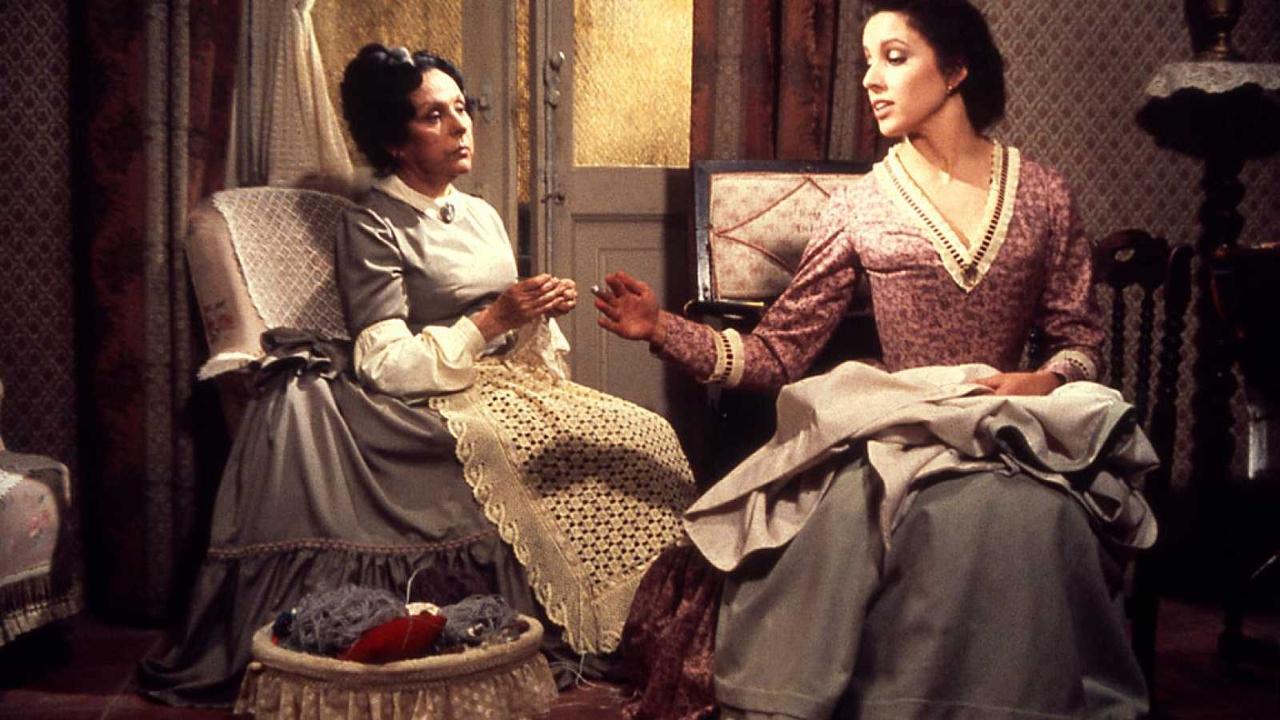

La 1
Featured Show:
Fortunata and Jacinta
The aristocrat Juan de Santa Cruz meets Fortunata, a girl of humble origins, and a passionate love arises between them; but his mother decides to marry him to her niece Jacinta.
La 1 TV Shows
240 shows • Page 12 of 12
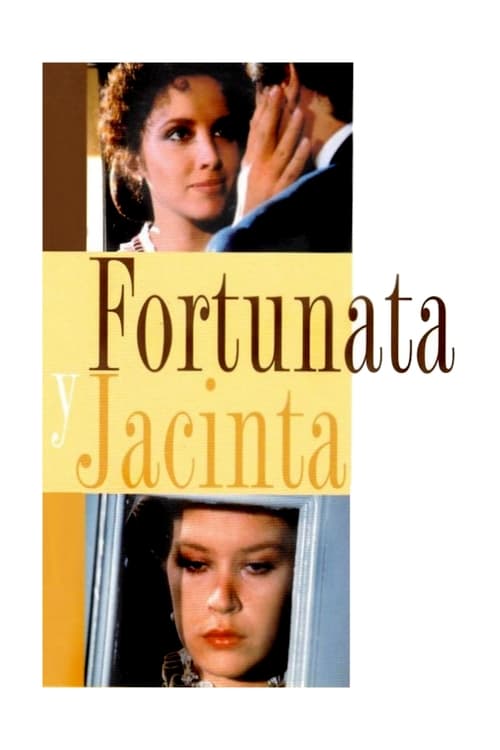
Fortunata and Jacinta
The aristocrat Juan de Santa Cruz meets Fortunata, a girl of humble origins, and a passionate love arises between them; but his mother decides to marry him to her niece Jacinta.
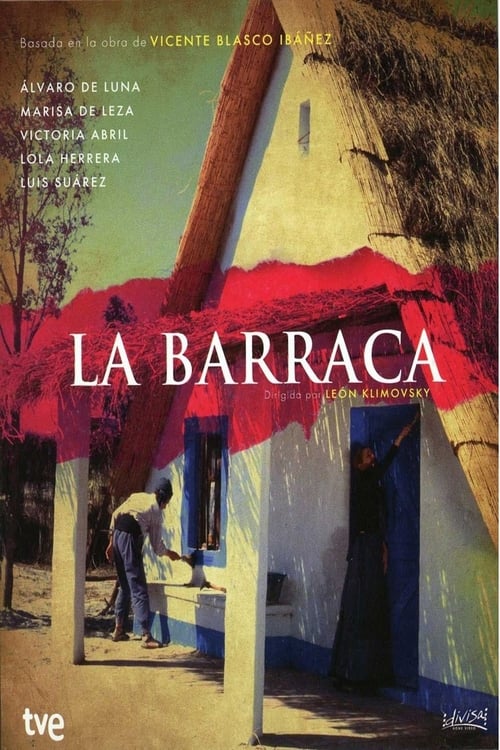
La Barraca
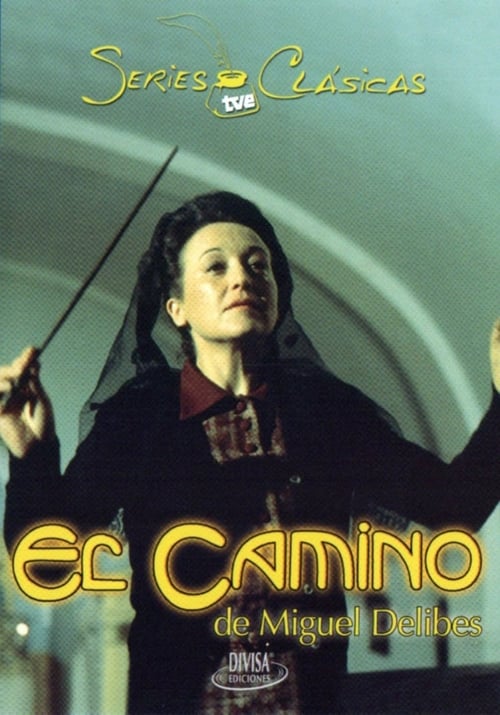 0
0El camino
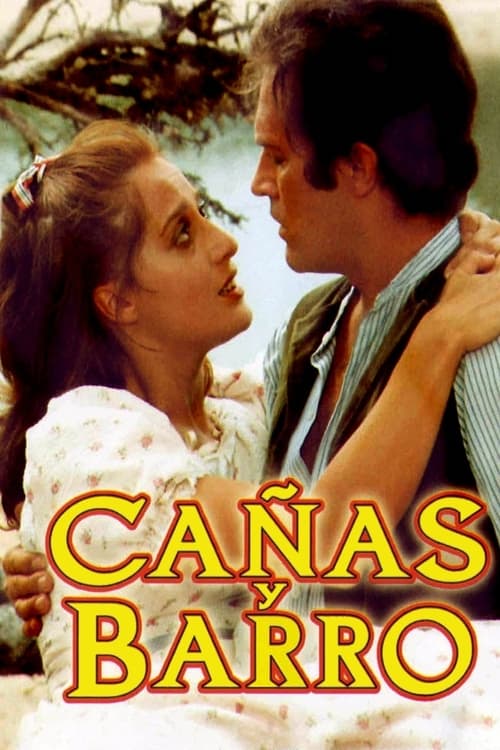
Cañas y barro
Province of Valencia, Spain, 19th century. Tonet lives an intense love story with Neleta, whom he has known since childhood, but is forced to leave her to serve in the war in Cuba.
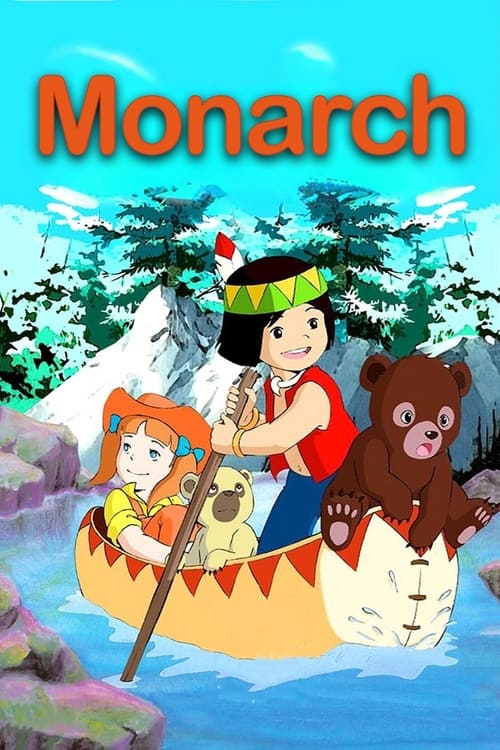
Monarch: The Big Bear of Tallac
Monarch: The Big Bear of Tallac is a Japanese anime TV series consisting in 26 episodes. It was directed by Yoshio Kuroda and was first broadcast on Asahi Broadcasting Corporation in 1977.
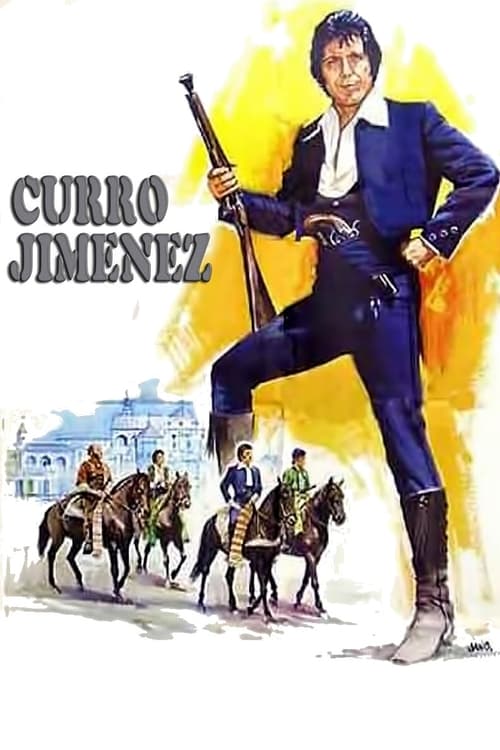
Curro Jiménez
Curro Jiménez was a successful Spanish TV series that aired on TVE1 from 22 December 1976 to 1979. Its main theme was Andalusian "bandolerismo" in the 19th century, located in the Ronda mountains. The main characters were four bandits, Curro Jiménez
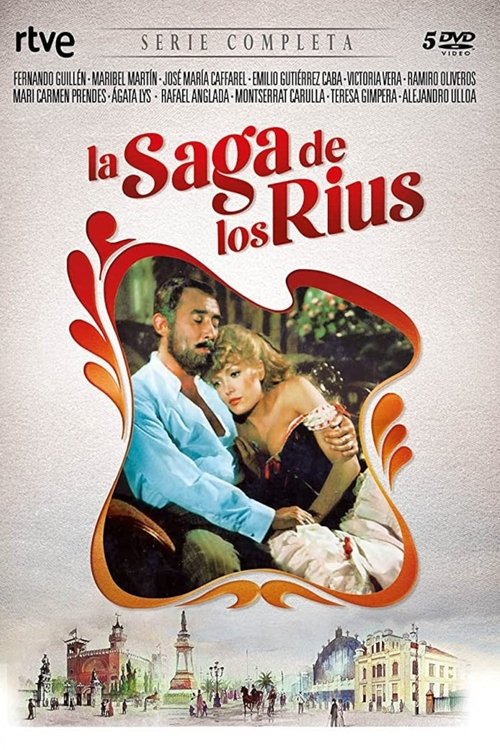 0
0La saga de los Rius
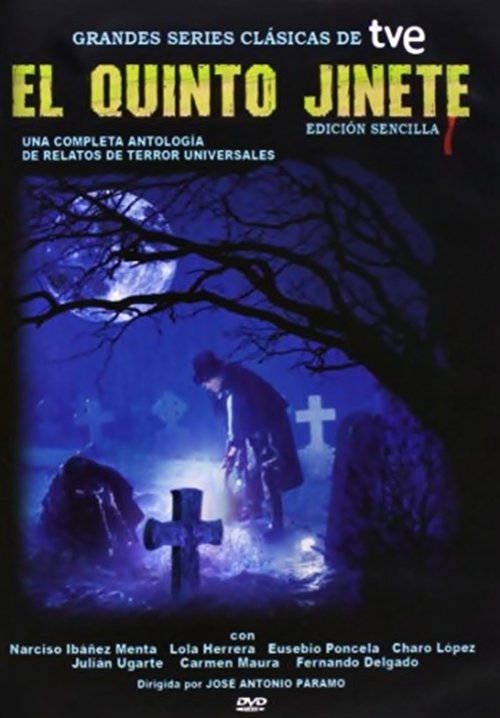 0
0El Quinto Jinete
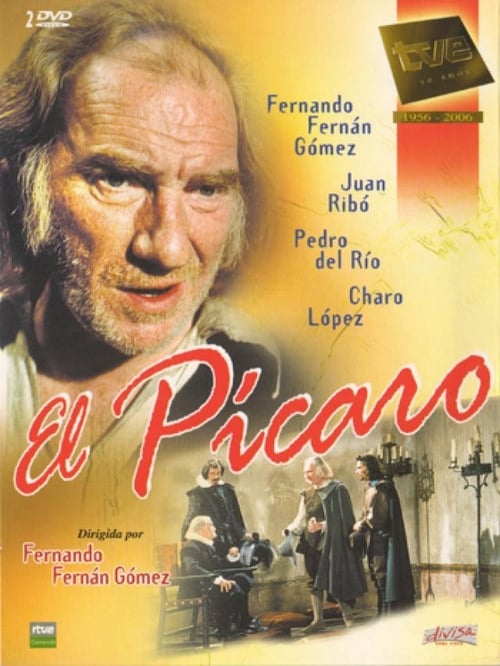
El pícaro

El hombre y la Tierra
El hombre y la Tierra is a 1974 television series produced by Radio Televisión Española.
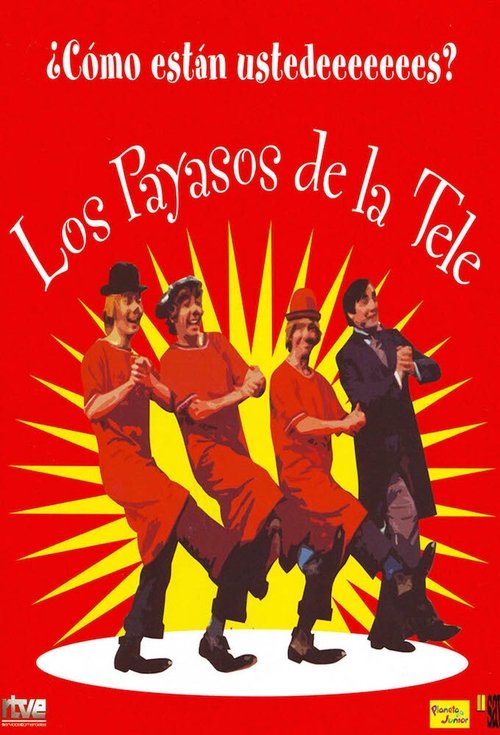
Los payasos de la tele (1983)
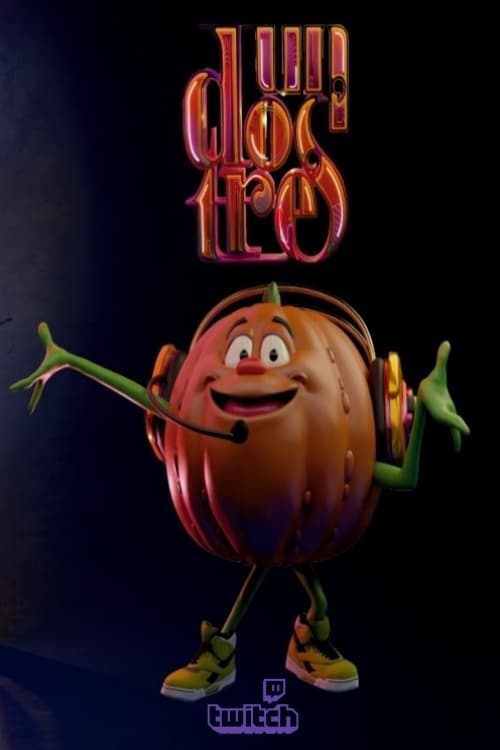
Un, dos, tres
Un, dos, tres... responda otra vez, often shortened as Un, dos, tres, and named Un, dos, tres... a leer esta vez in the last season, was a Spanish game show created by Narciso Ibáñez Serrador. The show, which ran from 1972 to 2004 spanning ten seasons, became the most famous game show in the history of Spanish television. It also was the first television show exported outside of Spain, with versions aired in the United Kingdom, Portugal, the Netherlands, Germany and Belgium.
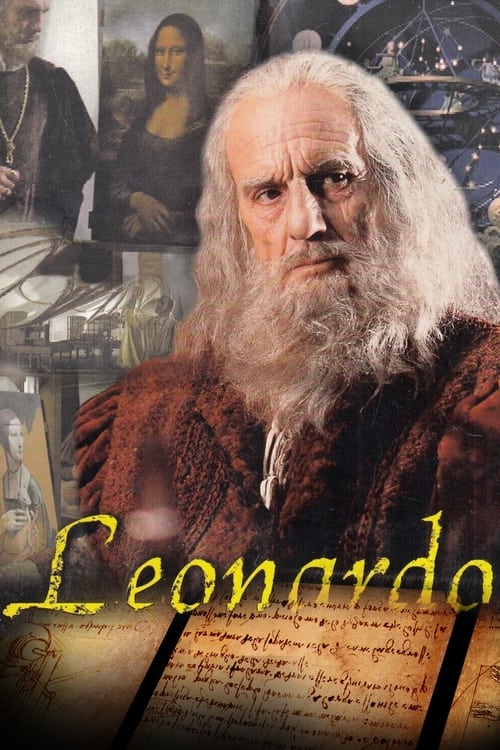
The Life of Leonardo da Vinci
Miniseries dramatizing the life of the Italian Renaissance polymath Leonardo da Vinci.
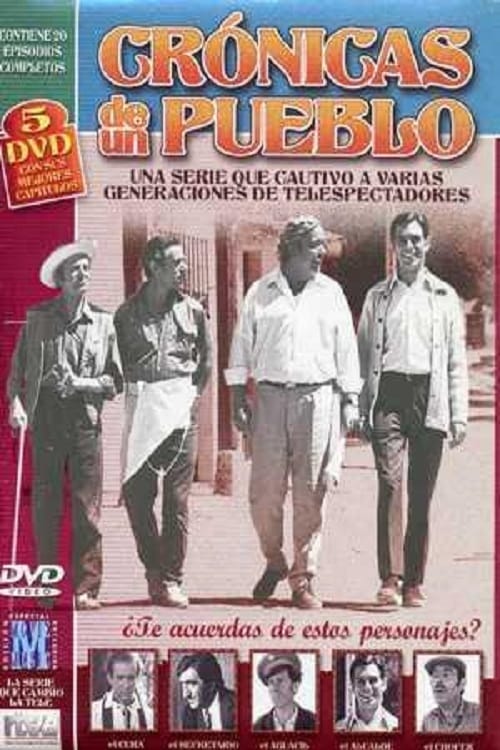
Crónicas de un pueblo
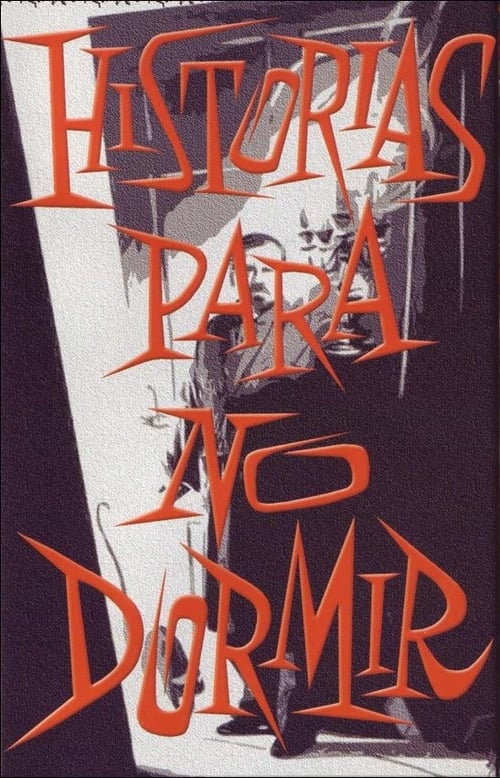
Tales to Keep You Awake
Tales of terror by established authors such as Ray Bradbury or Edgar Allan Poe, as well as original scripts.

Eurovision Song Contest
The Eurovision Song Contest is an international song competition, organised annually by the European Broadcasting Union (EBU) and featuring participants representing primarily European countries. Each participating country submits an original song to be performed on live television and radio, transmitted to national broadcasters via the EBU's Eurovision and Euroradio networks, with competing countries then casting votes for the other countries' songs to determine the winner.
 0
0Barrio Esperanza
 0
0Premios Fotogramas de Plata
 0
0Telediario
Telediario is a flagship television news programme, produced by the Spanish public service broadcaster Televisión Española. Three news programmes a day are broadcast domestically on TVE1 and internationally on TVE Internacional. Special international editions of Telediario are also aired on TVE Internacional every day. The term Telediario in Spain has become synonymous with television news, with people saying 'put on the Telediario' when simply referring to news. "Le quedan dos telediarios" is a common colloquial Spanish expression to suggest someone's days are numbered, either literally or metaphorically.
 0
0Quiero Bailar
¡Quiero Bailar! was a Spanish television dance talent show contested by aspiring professional dancers with concept similar to So You Think You Can Dance. The show, which premiered on 14 June on TVE1, aired live every Saturday from 14 June to 13 July 2008, originally on primetime, but it was relegated to late night due to its poor viewing figures. It was produced by Gestmusic, a Spanish branch of Endemol, at the TVE Studios in Sant Cugat del Vallès, and it was hosted by Josep Lobató.